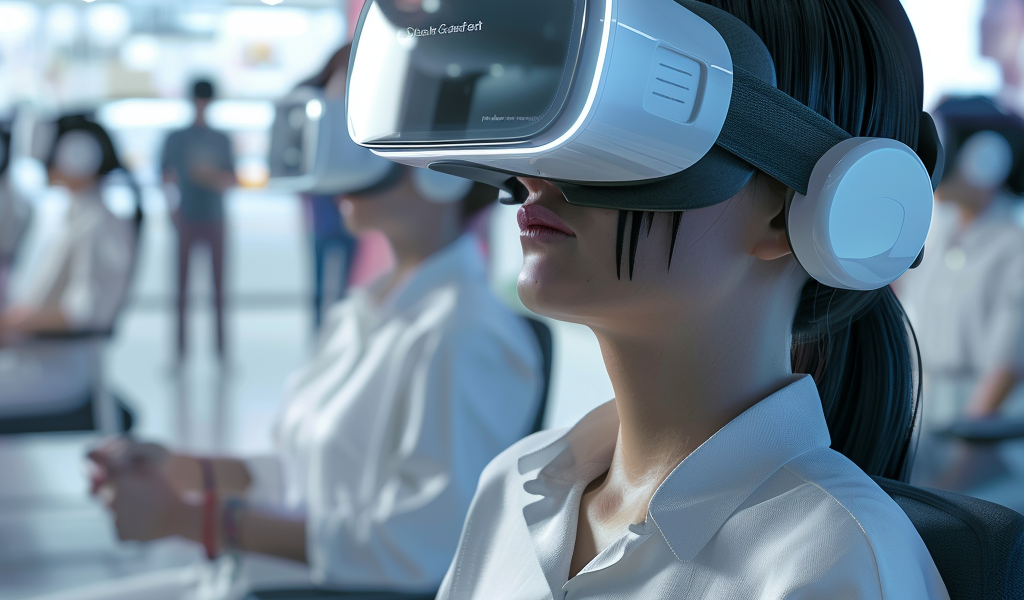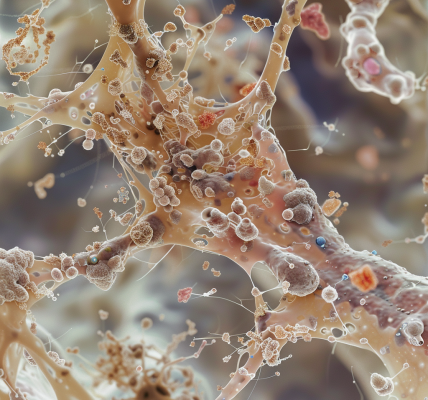People with agoraphobia are set to be offered virtual reality (VR) therapy on the NHS to help them overcome their fear of leaving the house. The treatment, which involves wearing a special headset, allows patients to experience everyday situations that make them anxious – such as being in a coffee shop or supermarket – from the comfort of their own home.
Lifelike 3D images appear in front of the user, giving them the feeling of really being there. And during the experience, a virtual therapist offers techniques that aim to help the patient overcome their difficulties. Research has shown that exposure to these scenarios in a safe environment helps reduce anxiety, and NHS watchdogs have approved the landmark treatment for wider use by doctors.
About two in every 100 people in the UK have a panic disorder – the most extreme form of anxiety, characterized by panic attacks – while a third of those suffering also live with agoraphobia, an irrational fear of being in public places. Patients associate their panic attacks with places or situations where they occurred, and then avoid those situations.
The National Institute for Health and Care Excellence (NICE) has waved through the VR technology, called gameChange, following a major trial which showed it helped even those with severe forms of agoraphobia. The study involved 346 patients with schizophrenia or psychotic symptoms who had reported difficulties with going outside due to anxiety. Half were offered six sessions of gameChange therapy while the others received standard care.





